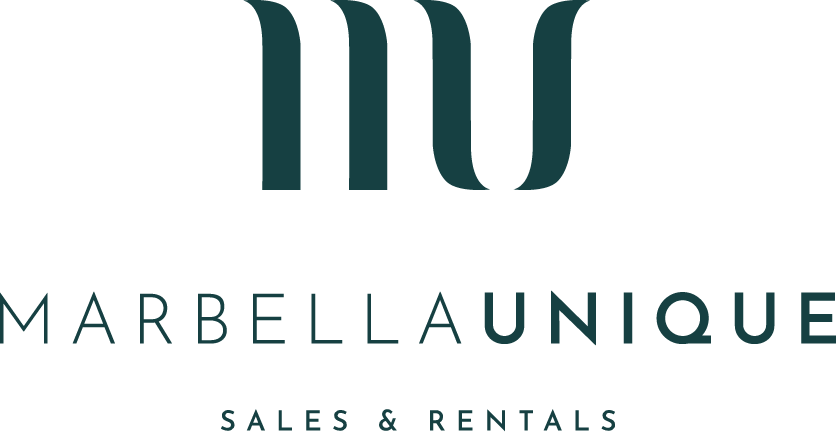When deciding to purchase a property there are many factors to consider, aiming to satisfy our needs we keep in mind many characteristics such as: size, style, location and the community but certainly one of the most determining factors is the price. Our budgets give us an idea of the type of property that we will be able to purchase with that amount of money, but the sales price or the community expenses are not the only figures to take into account. The mortgage (if needed) is not the only large expense that is involved in the purchase of a home. In fact, you have to take into account several costs and taxes in order to be a property owner. That is why Marbella Unique Properties decided to create a short list of these expenses to clarify any possible doubts that may arise.
Between the banks property valuation, the notary costs, registration fees and the corresponding taxes (VAT, AJD, ITP …), we recommend having and additional saving of at least 13% of the properties sales price. These are all compulsory expenses that revolve around the purchase of a home, although the ‘bill’ to be paid will depend on whether it is a new build or already existing property and the tax amount it is subject to. To follow we will summarize what each one consists of and its approximate price in 2017:
Taxes for new build and already existing properties when applying or not for a mortgage:
Notary: Another expense to take into account when buying a property, either new a new build or an already existing property is the notary fee. Notary fees also called tariffs are regulated by the State with each notary charging the same as the next for their services. In the case of the preparing title deeds, prices vary depending on the property price. For example, an apartment priced at 100,000 euros fee would be under 700 euros, whilst an apartment priced at 250,000 euros fees would be almost 800 euros.
Property registration: It also costs money to register the deeds signed by the notary. Again, the fees are controlled and depend directly on the price of the property.
Taxes related to the purchase and sale: Taxes related to the purchase and sale can also be pricey, although the amount will depend on the sales price of the property and whether it is a new build or an already existing property.
In the case of new build homes the most important tax is the VAT, which in 2017 amounted to 10%. 10,000 euros in the case of a property priced at 100,000 euros and 25,000 euros on a property of 250,000 euros. In the case of an official state housing (VPO), VAT is 4%.
A second tax must be added to the IVA (VAT), that of IAJD (Actos Jurídicos Documentados). It is an extra cost that is generated when signing at the notary and having the document then recorded on file. The type of tax applicable will be determined by each independent region (eg: Andalucia) in general terms it would be between 0.5% and 1.5% of the sales price.
In contrast, for already existing properties the most important tax is the Tax on Patrimonial Transmissions (ITP). In this case, the amount depends on the percentage that’s applied on the signed sales price and the region the property is located in, although generally the amount between 6% and 10% is applied. However, for VPO (official state housing), large and young families tend to receive reduced rates.
Administration, an optional expense: The only optional expense during the property sales process is that of the administration (Gestoria), a company that the client can hire/assign to process the settlement of taxes and perform other paperwork. They are professionals without government regulations with regard to prices charged, so in this case there are no specific rates and usually are only hired when a mortgage is opened to purchase the property. The approximate fee is 300 euros.
Variable expenses with regard to having a mortgage:
If the buyer is going to purchase a new build or an already existing property with a mortgage, additional expenses are added to the basic sales taxes.
Property appraisal: If the buyer is going to apply for a mortgage, it is necessary to pay an appraiser to value the property so the bank can decide what percentage of mortgage they can apply. Generally speaking banks are providing an amount equivalent to 80% of the purchase price or appraised value, usually set depending on which price is the lowest. In 2017 the appraisal costs ranged between 250 and 600 euros, depending on the bank or entity that appraises the property, the type of property and its valuation.
Notary, Registry and AJD: Signing the mortgage also has Notary, Registry and AJD costs. However recent court judgments confirmed that that not all costs are the clients responsibility. Many judges are in agreement with owners who paid mortgage expenses when formalizing their mortgages.
Some banks are already assuming the Property Registry costs and the Notary costs for the signing of the mortgage or 50% of the cost. Meanwhile, others pay the expenses only for the first copy of the title deed plus the necessary bank copies. However, in exchange for assuming a good part of the expenses, many banks are recovering the commissions for opening mortgages and or demanding a higher rate of interest than the differential agreed during the first or first two years of the mortgage.
Administration: The bank that grants the mortgage is the one who selects an administration company to carry out the administrative work and all the formalities. This expense, known as ‘provision of funds’, entails the subsequent outgoings in the clients favour. The administration company must return any surplus monies, present bills and had over copies of the title deeds after paying the notary expenses, registry and AJD that are not paid by the bank.

